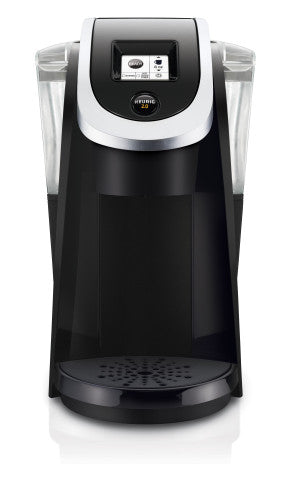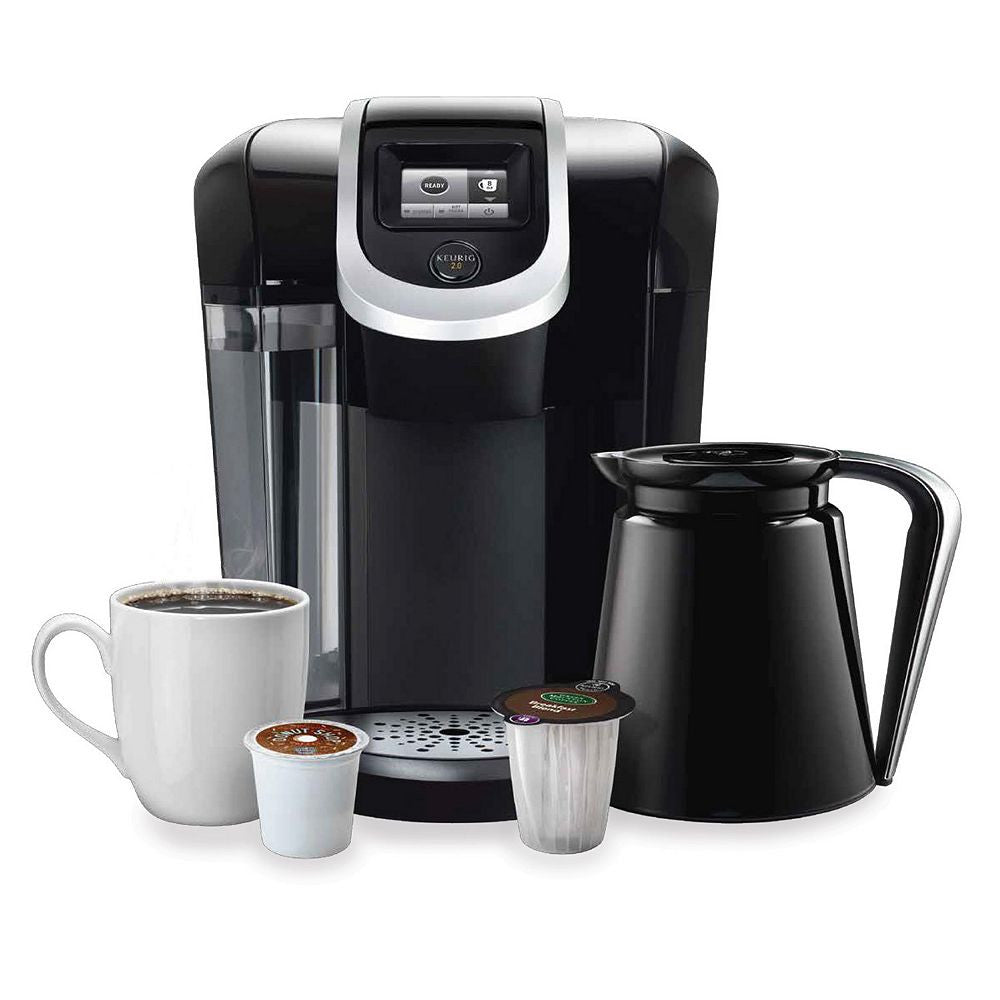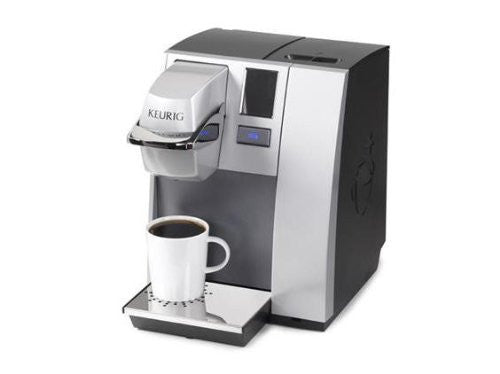Nature's Gatorade: Effectiveness of Coconut Water on Electrolyte and Carbohydrate Replacement
Kyle Levers, M.S. CSCS wrote for www.huffinesinstitute.org/
The popularity of coconut water has increased significantly over the past decade due to its nutritional composition and rehydration capability. Natural coconut water is the clear liquid found inside of a young, green coconut, not to be confused with the white liquid typically squeezed from the coconut’s outer layer, known as coconut milk. A growing number of nutritional advertisements promote the use of coconut water over other well-established sports drinks, such as Gatorade or PowerAde for enhanced rehydration and electrolyte replacement. The increased consumption of traditional sports drinks, particularly during activities where sports drink consumption is not necessary, has caused concern among nutritional experts due to the significant salt and high fructose corn syrup content. Many sport drink companies have developed low or no calorie “sport drinks” using sugar substitutes to aid in significant sugar reduction tailored toward low intensity physical activity and normal beverage consumption.
Proponents of coconut water emphasize its nutritional value, especially over products in the sports beverage market. Due to the electrolyte richness of coconut water, it has been injected as an intravenous rehydration fluid during times of remote medical emergency and famine as well as ingested orally in response to severe dehydration associated with diarrhea. The natural composition of coconut water addresses some of the other negatives associated with traditional sport drinks, as it has a lower acidity and zero added sugar. If coconut water is a natural, upgraded sport drink, then why isn’t every athletic team ditching their Gatorade for coconut water?
Natural coconut water contains five key electrolytes: sodium, potassium, calcium, magnesium, and phosphorus. Coconut water is packed with potassium, more than found in one banana or 15 sport drinks. Traditional and low calorie sport drinks contain four times the amount of sodium compared to fresh coconut water to help replace the sodium losses during exercise, which are far greater than the other key electrolytes, especially in the heat. Potassium is also important because it enhances rehydration through replacement of intracellular water post-exercise. Traditional sports drinks contain little to no magnesium, calcium, and phosphorous, which are all electrolytes naturally found in coconut water and could potentially have an added rehydration benefit. Coconut water and traditional sport drinks each contain approximately the same amount of sugar to aid in the replenishment of lost carbohydrates during exercise. However, high fructose corn syrup is the primary sugar ingredient in traditional sports drinks, whereas coconut water contains no additional sugar supplement beyond its natural glucose and fructose composition (and is thus higher calorie than the low-cal sport drinks). Many athletes from varying sport disciplines have turned to coconut water as their primary rehydration source due to its proven success over thousands of years in addition to its natural ratio of electrolytes, carbohydrates, and protein.
Coconut water is packed with potassium, more than found in one banana or 15 sport drinks. Traditional and low calorie sport drinks contain four times the amount of sodium compared to fresh coconut water to help replace the sodium losses during exercise, which are far greater than the other key electrolytes, especially in the heat. Potassium is also important because it enhances rehydration through replacement of intracellular water post-exercise. Traditional sports drinks contain little to no magnesium, calcium, and phosphorous, which are all electrolytes naturally found in coconut water and could potentially have an added rehydration benefit. Coconut water and traditional sport drinks each contain approximately the same amount of sugar to aid in the replenishment of lost carbohydrates during exercise. However, high fructose corn syrup is the primary sugar ingredient in traditional sports drinks, whereas coconut water contains no additional sugar supplement beyond its natural glucose and fructose composition (and is thus higher calorie than the low-cal sport drinks). Many athletes from varying sport disciplines have turned to coconut water as their primary rehydration source due to its proven success over thousands of years in addition to its natural ratio of electrolytes, carbohydrates, and protein.
Coconut water is promoted as a natural sports drink that can be consumed before, during, or after a workout to provide optimal replenishment and rehydration applicable for all levels of activity. However, the limited research comparing rehydration and restorative effects of common sports drinks, coconut water, and plain water has focused only on the post-exercise time period in healthy, exercising males. The primary conclusion from the available research found no difference between ingesting coconut water and commercially available sports drinks after exercise-induced dehydration with regard to markers of hydration, blood glucose, electrolyte replacement and subsequent exercise performance. The two longer rehydration period studies reported positive fluid tolerance with coconut water when consumed in larger quantities compared to plain water and sports drinks. Post-exercise coconut water ingestion might be the best physiological choice for low intensity, short duration exercisers, but it is more expensive than other sports beverages. Further research is necessary to examine the effects of coconut water before and during exercise on rehydration and electrolyte replacement in various populations, so readers, feel free to buy the coconut water but don’t buy the hype!
RELATED ARTICLES
- Ismial I, Singh R, Sirisinghe, RG. Rehydration with sodium-enriched coconut water after exercise-induced dehydration. Southeast Asian J Trop Med Public Health 2007, 38: 769-785. http://www.ncbi.nlm.nih.gov/pubmed/17883020
- Kalman DS, Feldman S, Krieger DR, Bloomer RJ. Comparison of coconut water and carbohydrate-electrolyte sport drink on measures of hydration and physical performance in exercise-trained men. J Int Soc Sports Nutr 2012, 9: 1.http://www.jissn.com/content/9/1/1
- Saat M, Singh R, Sirisinghe RG, Nawawi M. Rehydration after exercise with fresh young coconut water, carbohydrate-electrolyte beverage and plain water. J Physiol Anthropol Appl Hum Sci 2002, 21: 93-104.https://www.jstage.jst.go.jp/article/jpa/21/2/21_2_93/_pdf
|
|




